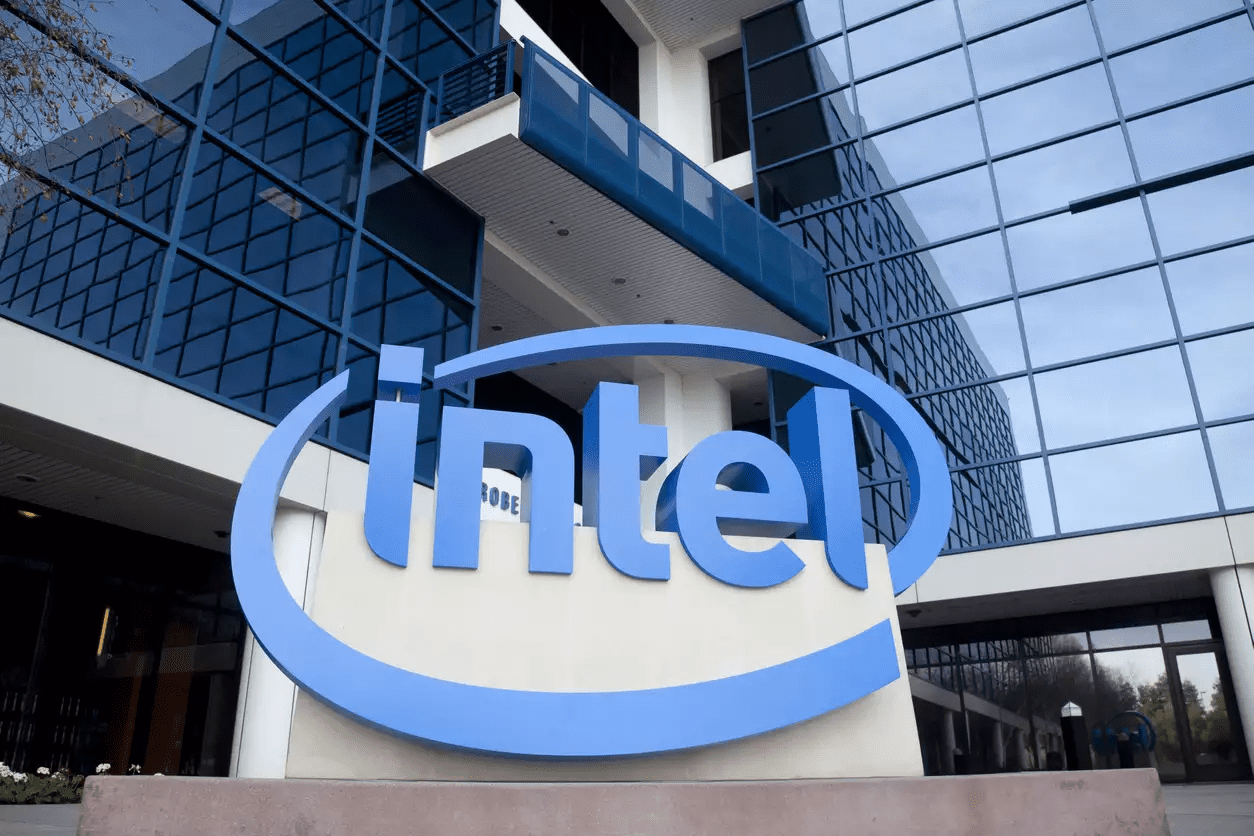Intel is working on its biggest deal ever as the company is reportedly in talks to acquire chip production company GlobalFoundries. People who are aware of the development said that if finalized, the deal would be worth around USD 20 billion. The deal is being worked upon under the leadership of Intel’s new chief executive officer Pat Gelsinger. He has been at the helm of the company for less than six months and moving ahead faster to get the business back on track. The company went through a lot lately and has not been able to perform as expected. This pushed Intel’s operation much below the innovative curve. Intel has been in the industry for almost five decades. From making the first commercialized central procession unit or CPU in the early 1970s to becoming that most trusted name in the world of chip-making, Intel has pulled everything well. But it is now facing tough competition in the proliferating chip space. Advanced Micro Devices (AMD) was once in the industry only to make sure that Intel doesn’t have a monopoly. But the Silicon Valley-based company is now struggling to survive against the underdog. AMD’s semiconductor technology is considered to be much advanced than Intel and is rapidly stealing the market share.
Intel’s new CEO knows that he needs to move fast in order to get the company’s technology and capacity up to the required standards if he wants to regain the lost reputation of the company. Intel has long been considered to be the best and most trusted integrated device manufacturer (IDM). Intel is not going to have many benefits in terms of technological development if the deal with GlobalFoundries is finalized. However, the deal will immediately help Intel increase the manufacturing capacity for third-party and internal use. This is because GlobalFoundries stopped working on advanced chips in 2018. Advanced chips are less than 10 nanometers in size. Manufacturing these chips requires a lot of innovations and the cost of it was getting too high for the company. Especially after the margin pinching competition escalated among competitors. The company is now working as a commodity business and has focused on ‘trailing-edge processes. Also, the company has found itself in a comfortable position because of the increased demand for chips in the automotive amid a sudden global shortage. This is probably the reason why Intel is keen on sealing the deal.
The deal is also fuelled by the USD 52 billion bills that got passed by the Senate last month. The bill is aimed at boosting the production of semiconductors. The bill wants to reduce the dependency on foreign chipmakers like Taiwan Semi or TSM. The Taiwanese company is manufacturing around 57 percent of the semiconductors annually produced around the world. And this is why most tech innovators heavily depend on TSM. If the deal is finalized, this trailing-edge chipmaker is likely to add on USD 6 billion in revenue of Intel this year. This is why it is not sure that whether Intel would be upgrading these facilities or would be focusing on increasing the capacity. Integrate new technologies would help Intel to compete with the companies like Samsung and TSM. But the probabilities are that Intel would just is a foundry. The companies must be now keeping their fingers crossed as they don’t want the deal to face any anti-trust complaint.
